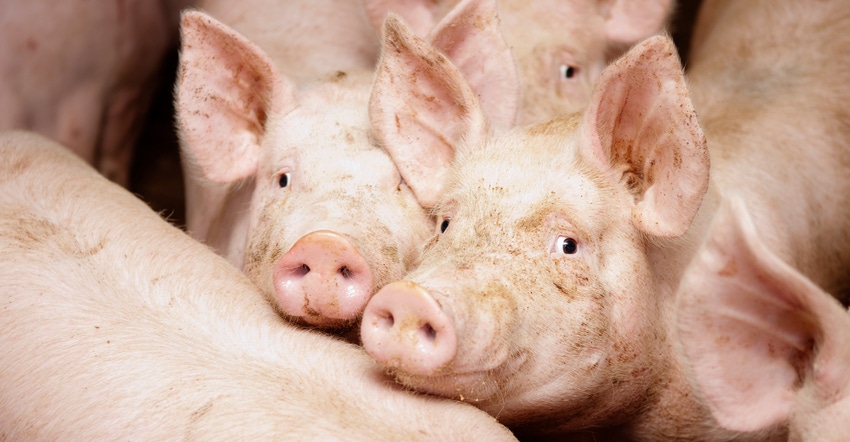September 16, 2022

I live near Columbus, Neb., and we own a hog finishing operation, raise corn and soybeans, and feed some cattle. September was a busy month of pork meetings, with sustainability as a primary subject.
We as farmers, whether it be crop or livestock producers, need to tell our story about how we are being sustainable on our farm. The We Care ethical principles that I practice on my fourth-generation farm address sustainability efforts. Documenting and measuring the sustainability impact of these practices is important to demonstrate these principles to those who process, purchase and, ultimately, consume pork.
For decades, we have been at the forefront of sustainability — embracing advancements that allow us to do more with less. For example, I use manure rather than commercial fertilizer on more than half of my acres because manure improves soil structure and reduces the risk of runoff.
Swine manure may reduce phosphorus loss by up to 46% if there is a runoff event shortly after application, such as heavy rain. Many of our practices make an economical and sustainable impact — the next step is to document this progress.
Building trust
The National Pork Board (NPB) has on-farm sustainability reports for all pork producers. Individual farm data creates farm-specific reports, which are anonymously aggregated to create state and regional reports. The data collection process takes about two hours. A representative from Sustainable Environmental Consultants helped me download my information and has supported me throughout the process.
These confidential reports offer immediate value to pig farmers, who own the report data. I use my report to make improvements for my bottom line. Others share theirs with financial institutions, suppliers and community members who value how their food is produced.
You can request your on-farm report at porkcheckoff.org/sustainability.
Proving sustainability efforts
The on-farm data is useful to me, but I know I can’t reach every consumer worldwide. Therefore, the industry is taking an action-based and scientific approach to set benchmarks and create improvement goals. In collaboration with the National Pork Producers Council, NPB — where I hold a seat on the board of directors — supports the industry’s aspiration to produce a leading sustainable protein. Our work toward this aspiration is outlined in our first official U.S. Pork Industry Sustainability Report.
Whether it’s how I invest my time and money on my farm, or how the consumer will perceive the meat counter, data informs decisions. Let’s keep data at the forefront of our sustainability efforts.
Luckey is a graduate of LEAD 19.
You May Also Like




